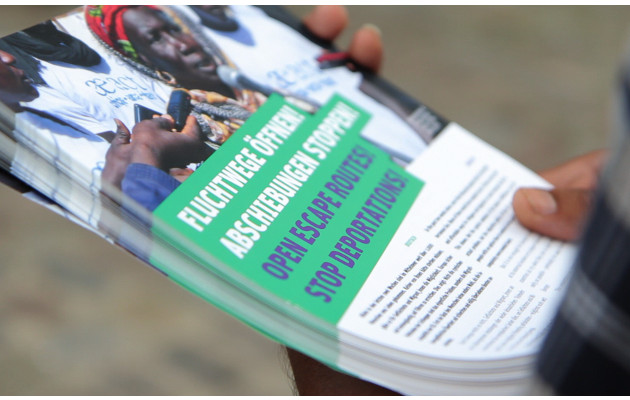Welcome United – Fighting for equal social rights
Call for transnational action days in September 2017
We won’t get used to what is happening right before our eyes and what is declared as normal: death at sea, push backs and detention, exploitation and no rights. These conditions shape the daily lives of hundred thousands all over Europe and of those who still seek to come here. People are being insulted, spat on and beaten. The solidarity of hundreds of thousands is mistreated and stamped on. We are looked at with a lot of suspicion. They build fences to prevent us from entering. They deport us to make us disappear. But we are here. We will stay. We have our hopes. We have our dreams. We live. Welcome united.
We will not give up. We remember the summer of 2015. Hundreds of thousands opened Europe’s borders. No one could stop them because they didn’t let anyone stop them. They just began to walk. On Friday September 4th, thousands of migrants trapped in Hungary, at the Budapest train-station Keleti, took the road, starting the „march of hope“, opening the Austrian borders. And further on to their families and friends all over Europe. Freedom of movement did not remain a demand anymore. The movement took its freedom. For the right to have rights, for the right to presence, to protection, to help and to a future. The “march of hope” remains an unforgettable event in the long history. And in our collective memory of struggles for the right to escape and to migrate.
Now we still face an ongoing rollback. With new repressive laws and more racist agitation. But we continue to come from the global south. To leave misery and war, which comes from the global north. We cross the sea from Libya, we overcome the fences from Ceuta. Or we find and invent other paths into the fortress of Schengen. In underground railroads against the EU-border regime.
Day in day out, we seek to resist the injustice of the current order. The small and the large protests have become part of our lives. The hopes of 2015 have not yet been suffocated. These hopes have found expression in the acts of solidarity of thousands of people in all over Europe and beyond. Hopes and solidarity which also inspires and infects the transit- and destination societies. For a better life for all. Whether it’s about the right to dignified housing or work, to education, mobility or health care. We don’t accept to be treated just as cheap labor, that can be exploited or dismissed when needed. We fight for the freedom of movement against the European government of mobility, against low paid jobs, deportations and pushbacks. Social and political rights exist for everybody everywhere. Without exceptions and from the very start. In solidarity and against any kind of divide and rule.
We continue to fight for the refugees’ and migrants’ right to presence, and also for the right to our presence. We provide everyday support. We protest state persecution and deportation. We strike against the borders and against exploitation and precarious labour conditions of all, migrants as well as non migrants. We rise up against the new right-wing populism and old forms of fascism. We are here and we stand with those who came. We are the ones who arrived. Welcome united!
In the transnational action days we want to create spaces for all those voices and stories that are usually not heard or that are supposed to remain unheard. Everyone who cares about the common good and solidarity should come out. Everyone who can no longer bear that people are forced o stay in miserable conditions or left to suffer and die at Europe’s borders, should come out. We know well that many have fought for years for their future. Now is the time to raise our voices together. We are more than we think! We’ll come United!
Against this background we call for decentralized actions and local meetings around the anniversary of the march of hope, starting from the 2nd of September 2017 – in your city, your village, your neighbourhood. Be creative!
And we invite delegations from all over Europe to come to Berlin at the 16th of September to join a big antiracist parade.
Welcome united! We’ll come United!
First Signatures:
Network of Social Support to Refugees and Migrants, Diktio, Athens, Greece
Clandestina,Thessaloniki, Greece
Second Home, migrant community from Ljubljana, Slovenia
Welcome Initiative, Zagreb, Croatia
Coordinamento Migranti Bologna, Italy
Aktion Zunder, Switzerland
Autonome Schule Zurich, Switzerland
collectif R, Switzerland
solidarités sans frontières, Switzerland
„wo Unrecht zu Recht wird“, Switzerland
Association des Travailleur Maghrébin de France, Strasbourg
Missing at the Borders, France
Get-Together Network in Germany
WatchTheMed Alarm Phone with groups from Berlin, Bremen, Bristol, Cologne, Hamburg,
Hanau, Istanbul, Izmir, Leipzig, Munich, Netherlands, Strasbourg, Tunis, Zurich
Moving Europe
Afrique Europe Interact
Welcome to Europe
Contact: kmii-hanau@antira.info <mailto:kmii-hanau@antira.info>
Website of Get-Together Network in Germany:
http://www.welcome-united.org
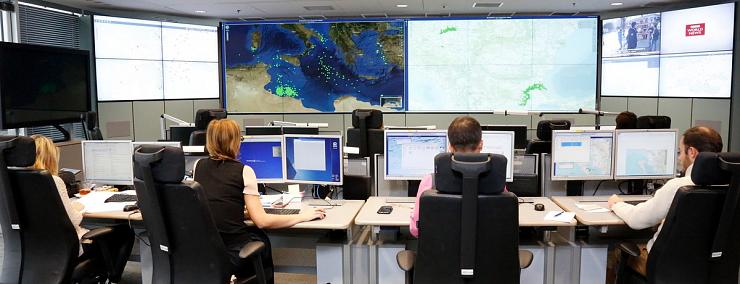
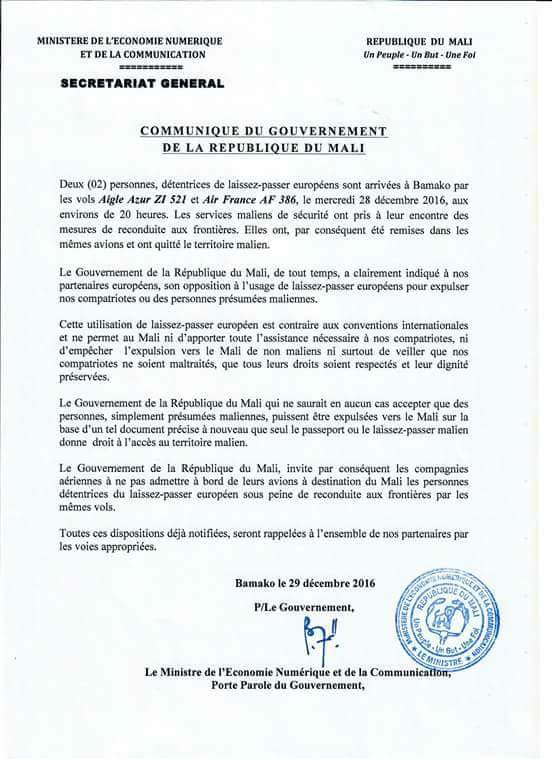
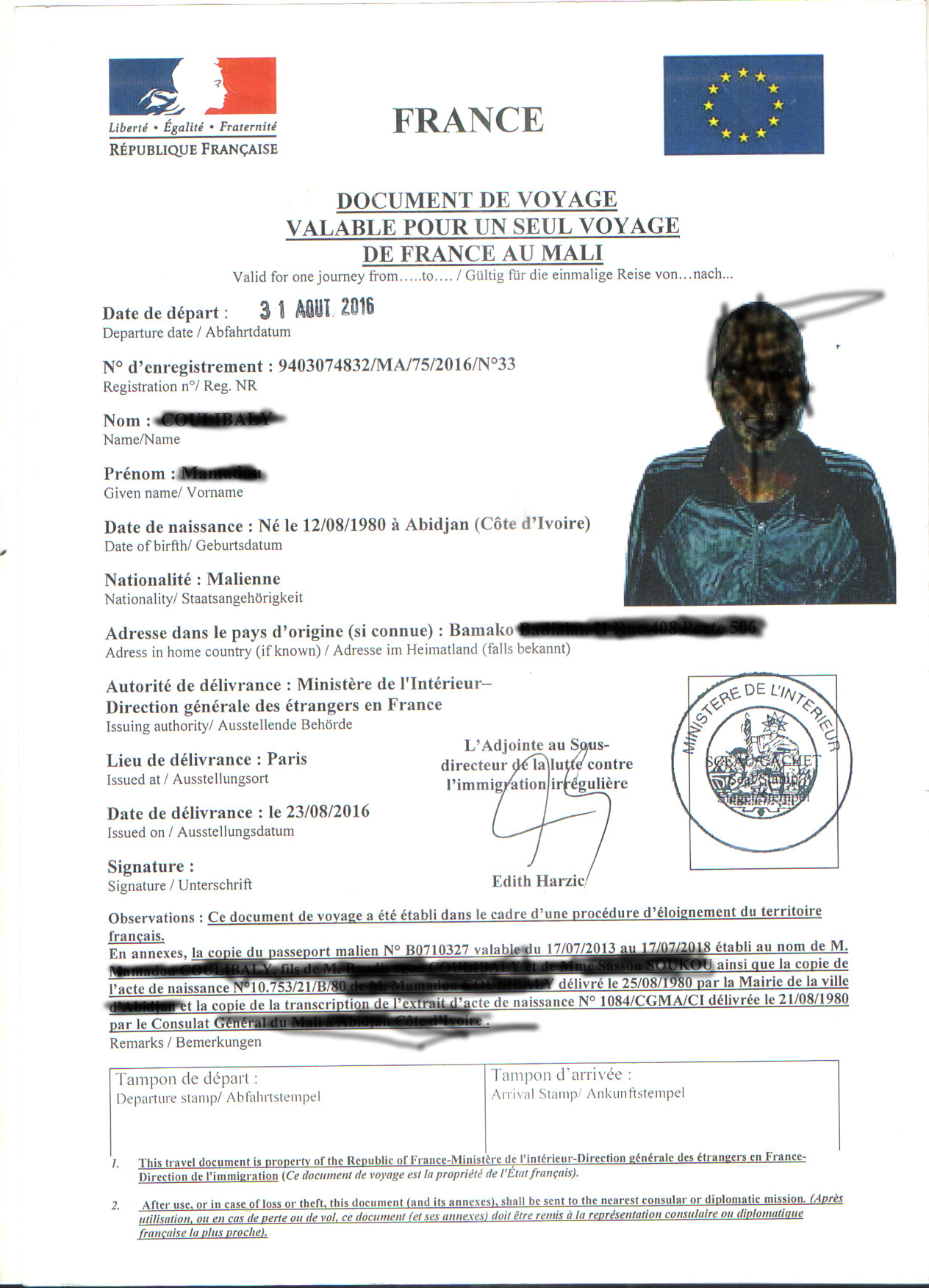
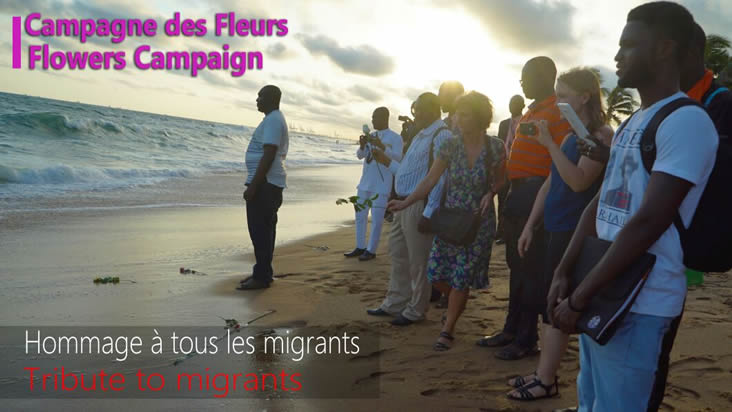
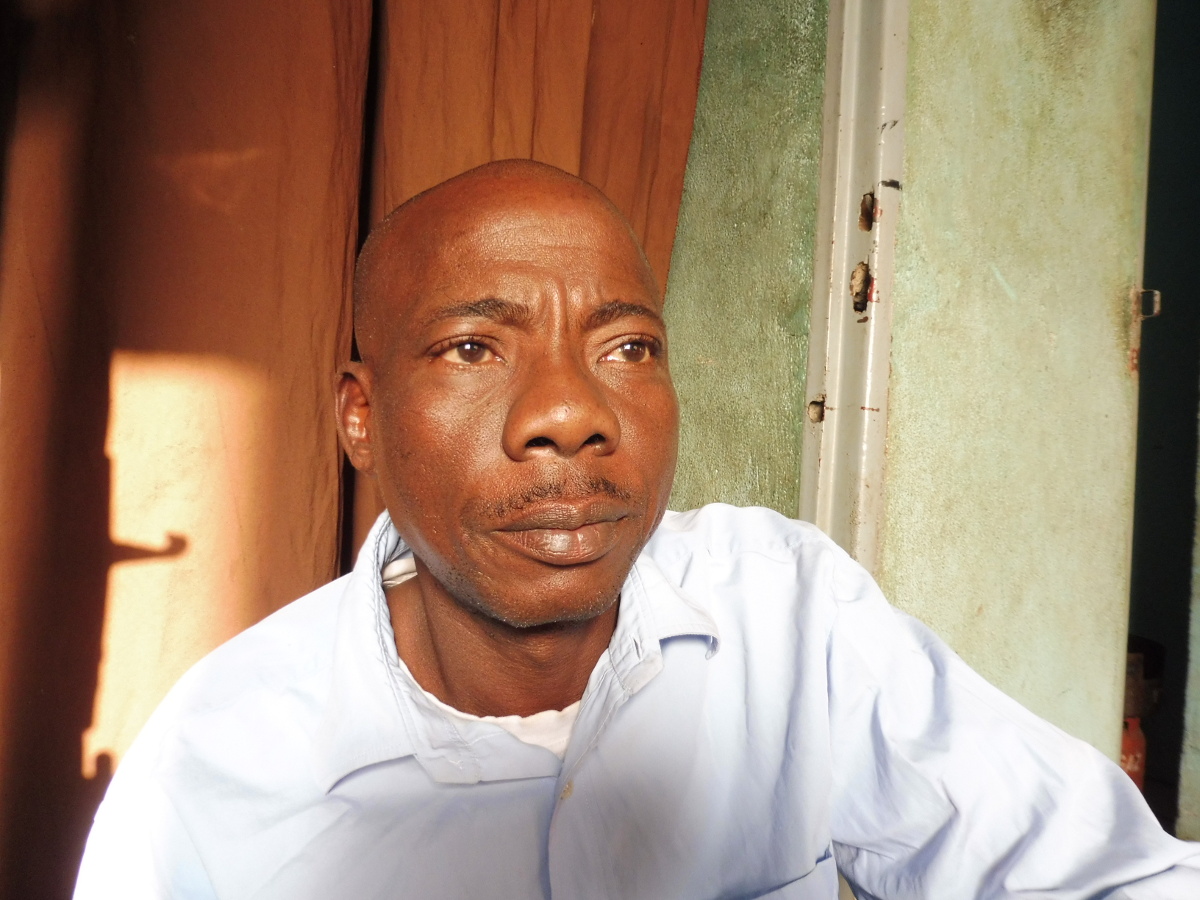
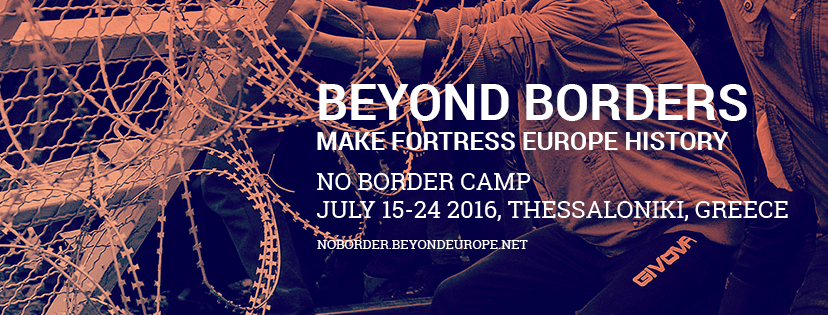 For the circulation of transnational struggles against state, nationalism, patriarchy and capital
For the circulation of transnational struggles against state, nationalism, patriarchy and capital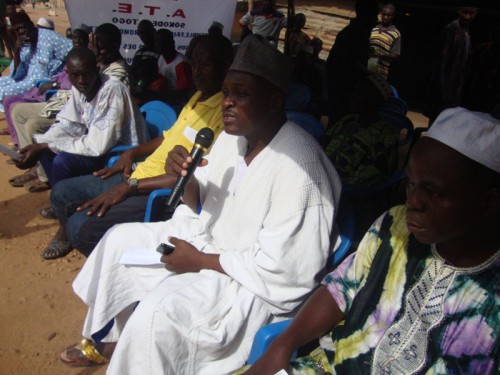 Sokodé is al jaren herkomstland voor migranten. De stad werd oorspronkelijk gesticht door reizigers uit Mali. Een leven als reizende markthandelaar en vervoerder is diep geworteld in de traditie van de Kotokoli-gemeenschap. Sinds de jaren 1990 was Sokodé een centrum van verzet tegen de dictatuur Eyadema. Veel tegenstanders van het regime moesten vluchten en velen werden in de volgende jaren onder andere uit Duitsland gedeporteerd. In de afgelopen jaren kozen veel jongeren in het licht van de desolate economische en sociale situatie in de stad voor de migratie – naar Nigeria, Ghana, Gabon, maar ook naar het noorden, te weten Libië en zelfs Europa.
Sokodé is al jaren herkomstland voor migranten. De stad werd oorspronkelijk gesticht door reizigers uit Mali. Een leven als reizende markthandelaar en vervoerder is diep geworteld in de traditie van de Kotokoli-gemeenschap. Sinds de jaren 1990 was Sokodé een centrum van verzet tegen de dictatuur Eyadema. Veel tegenstanders van het regime moesten vluchten en velen werden in de volgende jaren onder andere uit Duitsland gedeporteerd. In de afgelopen jaren kozen veel jongeren in het licht van de desolate economische en sociale situatie in de stad voor de migratie – naar Nigeria, Ghana, Gabon, maar ook naar het noorden, te weten Libië en zelfs Europa. 